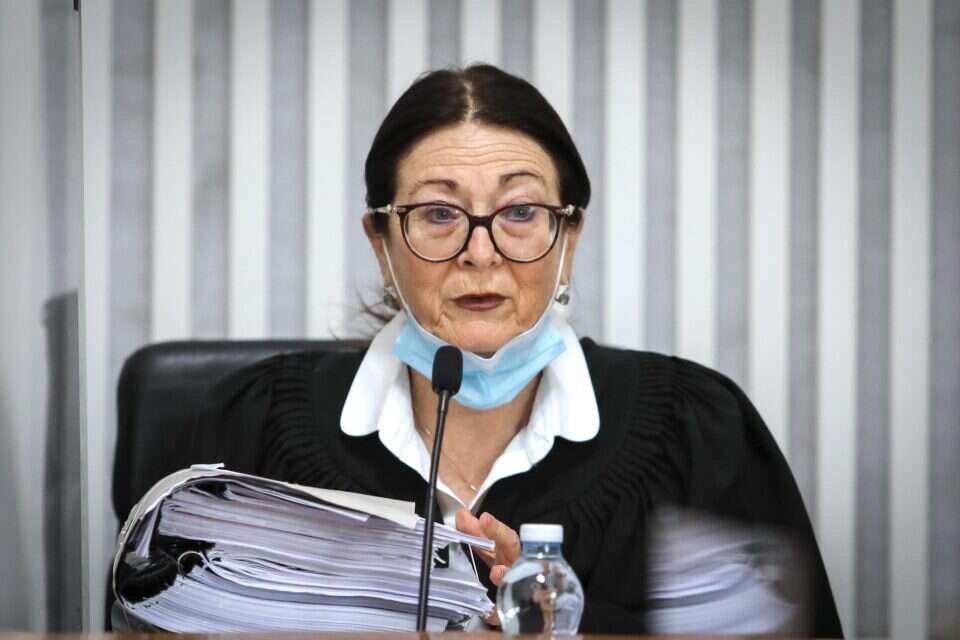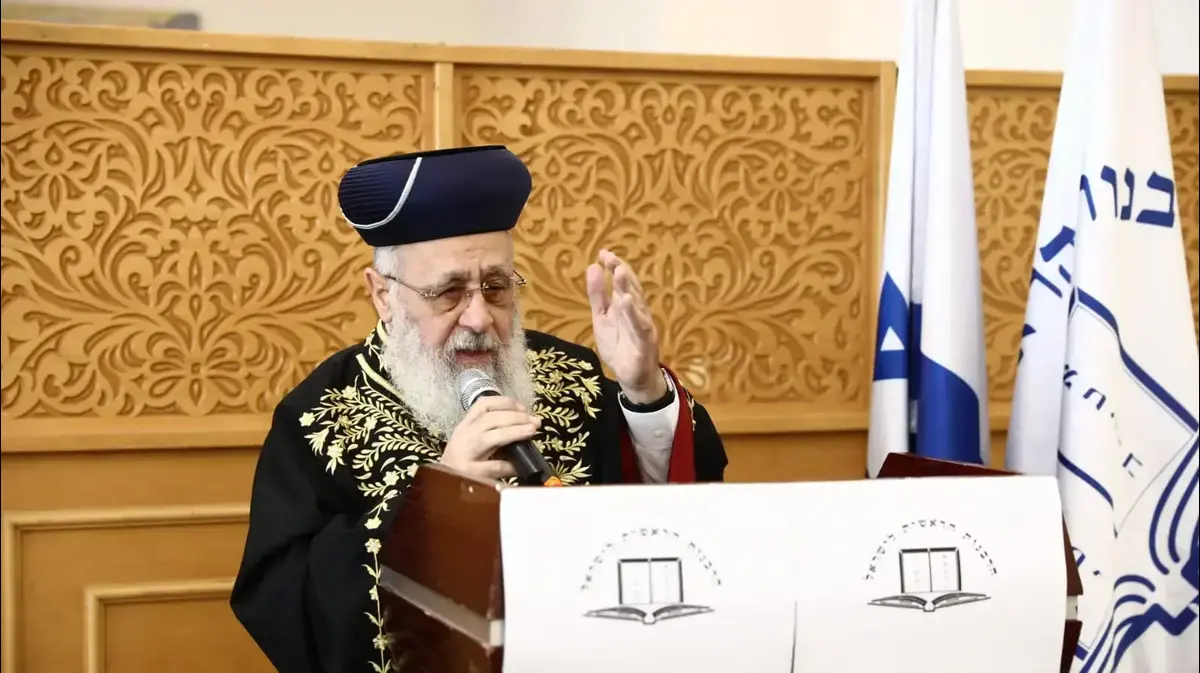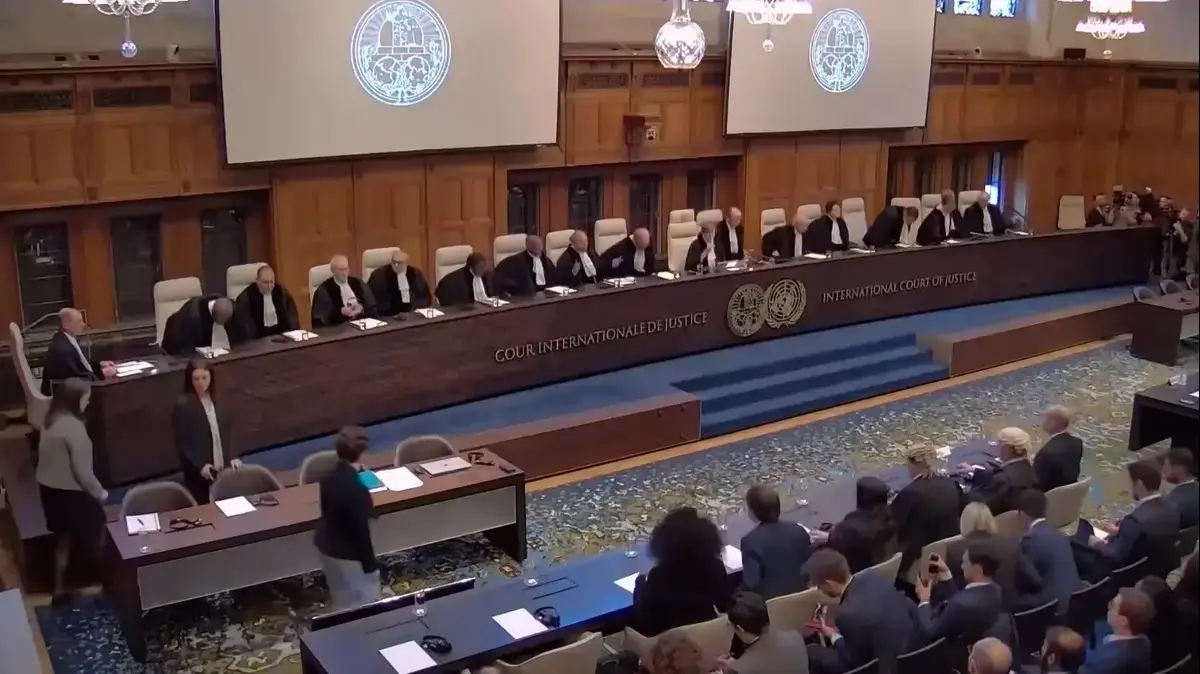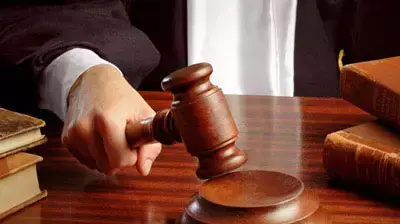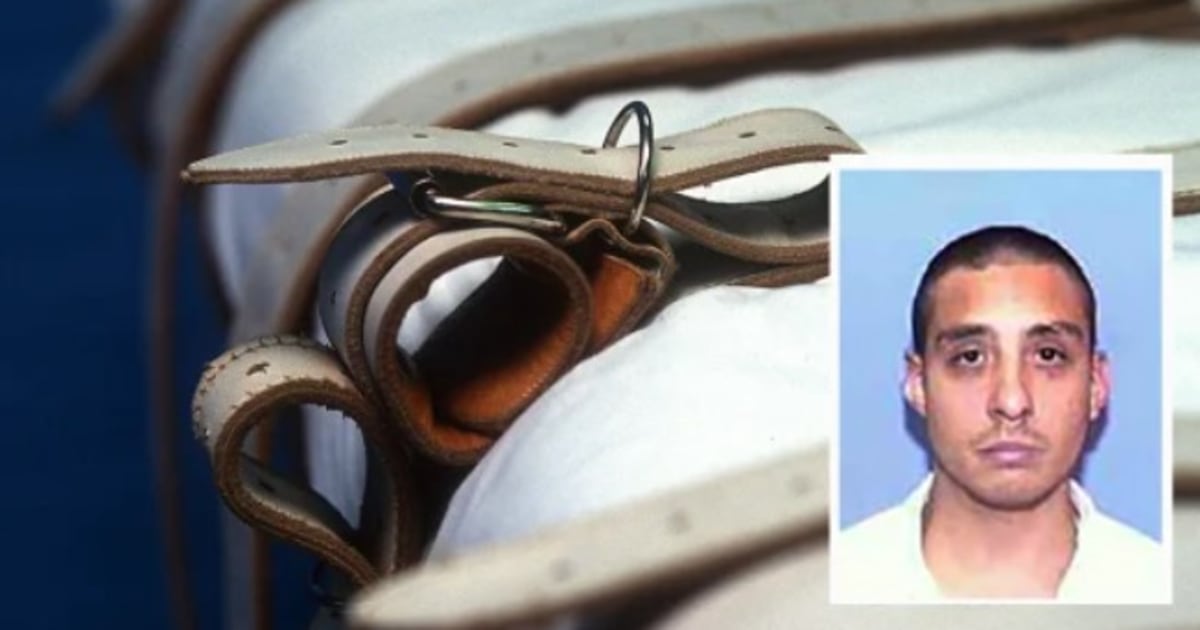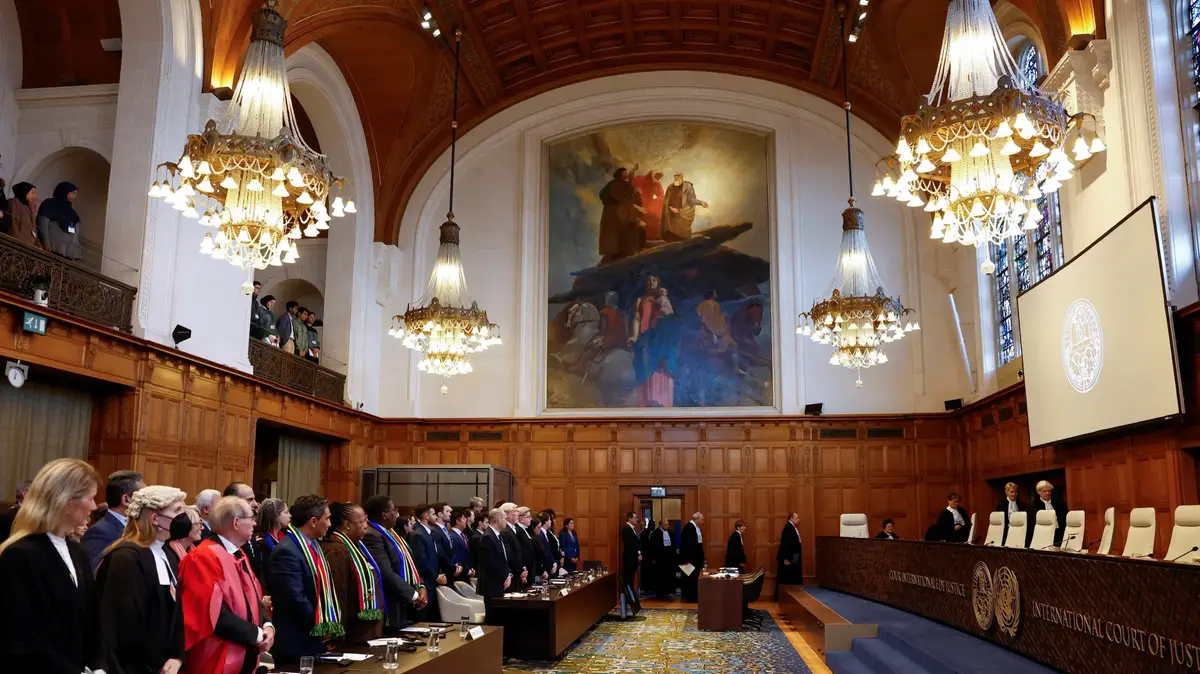In a rare move, the composition of three High Court judges, headed by Supreme Court President Justice Esther Hayut, overturned the decision of the Grand Rabbinical Court regarding its authority in matters of execution of a will. Following the High Court's position and the ombudsman, an agreement was reached The rabbi, but in the family court.
This is an appeal filed by attorneys Akiva Golan and Yehuda Yod, in the absence of the relatives of a woman without a spouse and children, who were supposed to inherit together with my deceased brother each an equal share of the inheritance in the early will. New, according to which the deceased's brother is the sole heir, while the other two were deprived of her.
After the woman's death, her brother submitted to the Petah Tikva Regional Rabbinical Court an application for the execution of the late will, in which he was the sole beneficiary.
But the additional heirs under the early will appealed to the regional rabbinical court claiming lack of authority.
The two argued that because they appear as heirs in the first will they are considered "concerned" and because there is no consent of all concerned to the tribunal, there is no jurisdiction for the hearing and the application should be heard in the Family Court and not the Rabbinical Court.
The Petah Tikva Regional Rabbinical Court rejected the claim for lack of authority, and the two subsequently appealed the decision to the Grand Rabbinical Court, but also rejected their request, arguing that section 155 of the Inheritance Law distinguishes between "those concerned" and "those interested", who are At a low level and for them the tribunal has the power to adjudicate even without their consent.
The Rabbinical Court in Jerusalem, Photo: Oren Ben Hakon
Rabbi Eliyahu Hayishrik, the father of the court, Rabbi Michael Amos and Rabbi Avraham Schindler, the judges of the Great Court, ruled that the two who claim to have a share in the inheritance can claim this before the court, even without dealing with the question of its authority.
In response, the two petitioned the High Court against the deceased's brother and the Petah Tikva Regional Rabbinical Court and the Great Rabbinical Court, through attorneys Akiva Golan and Yehuda Yod, claiming that her legal heirs are considered "concerned" and therefore the court cannot hear In case without their consent.
Already in the preliminary hearing, the panel headed by Justice Barak-Erez ruled that the procedure raises a complex and principled legal question, which goes beyond this point of interest and therefore requires the position of the Attorney General.
The ombudsman stated in his position that indeed a person who holds an early will who has claims against the validity of the late will, is a party "concerned". Therefore, if his claim is accepted, he will be entitled to receive the estate assets. "Concerned" and decide whether there is first evidence in them as to the right of the claimant to the inheritance.
At a hearing before a new panel headed by President Esther Hayut and in light of the petitioners' position and the attorney general's opinion, he announced that he did not have the authority of the Rabbinical Court to discuss the execution of the will and agreed to litigate before the Family Court.
Advocate Dr. Rafi Reches, from the legal counsel of the rabbinical courts, told "Israel Today" that this is a ruling that was closed by agreement. The petition has been deleted and does not contain any new statement from the Supreme Court.
There is no judgment here against the tribunal or petition received against it.
In fact, after the petitioner announced that he had no interest in clarifying the issue, the judges did not ask the body of the question and did not decide on it. "

